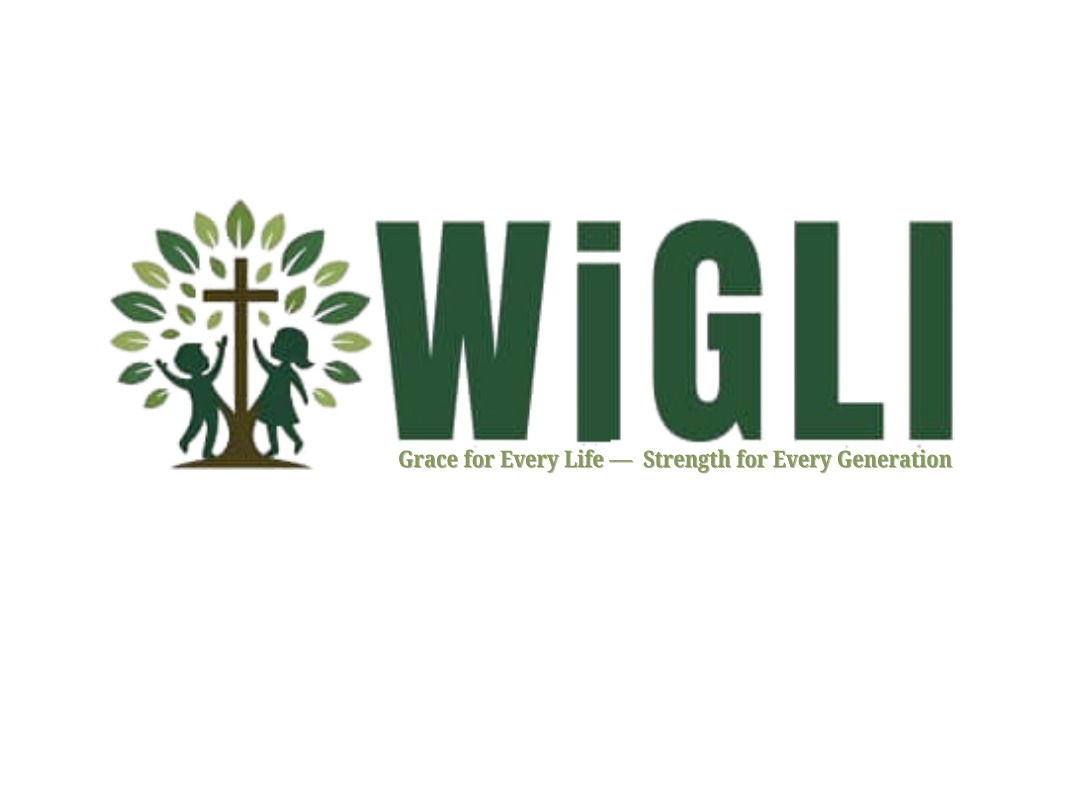Theory of Change
a. Theory of Change
vulnerable children and families in rural and underserved communities are supported through integrated, household-centered programs in health, nutrition, education, psychosocial care, WASH, economic empowerment, and climate resilience,
caregivers, communities, and institutions are equipped with knowledge, tools, and systems to care for and protect children,
children will be healthier, safer, more resilient, and better prepared to thrive throughout life.
empowered households and strong community systems form the foundation for lasting child wellbeing, inclusive development, and sustainable change.
b. Core Assumptions
C.Strategic Outcomes & Aligned Strategies
1. Improved child health, nutrition, and HIV outcomes
Aligned Strategies:
- Deliver integrated health and nutrition services including immunization, deworming, growth monitoring, and HIV testing and care
- Promote caregiver health literacy and referral linkages
2. Enhanced mental health and psychosocial wellbeing for children and caregivers
Aligned Strategies:
- Provide trauma-informed mental health counseling, play therapy, and support groups
- Strengthen parenting skills and community support systems
3. Increased access to quality education, early learning, and life skills
Aligned Strategies:
- Implement early childhood development and stimulation programs
- Support school enrollment, remedial learning, and life skills education
- Engage youth in peer-led learning and mentorship
4. Safer, healthier environments through WASH and climate resilience
Aligned Strategies:
- Improve access to safe water, sanitation, and hygiene education
- Promote menstrual hygiene, safe school spaces, and oral health
- Implement child-centered climate adaptation and environmental education
5. Strengthened household food security and economic resilience
Aligned Strategies:
- Support household food production, kitchen gardens, and school feeding programs
- Deliver vocational training, savings groups, and income-generating activities
6. Increased community ownership and local sustainability
Aligned Strategies:
- Mobilize community leaders and volunteers
- Build capacity of local staff and institutions
- Promote localization and resource mobilization strategies
7. Improved program effectiveness through digital tools and evidence use
Aligned Strategies:
- Use digital child records, mobile tools, and dashboards for service delivery and tracking
- Apply participatory monitoring and adaptive learning to improve outcomes
8. Greater visibility, advocacy, and policy influence
Aligned Strategies:
- Share impact stories, videos, and community voices across digital platforms
- Conduct hope-driven campaigns and data-informed advocacy to shape child-focused policies
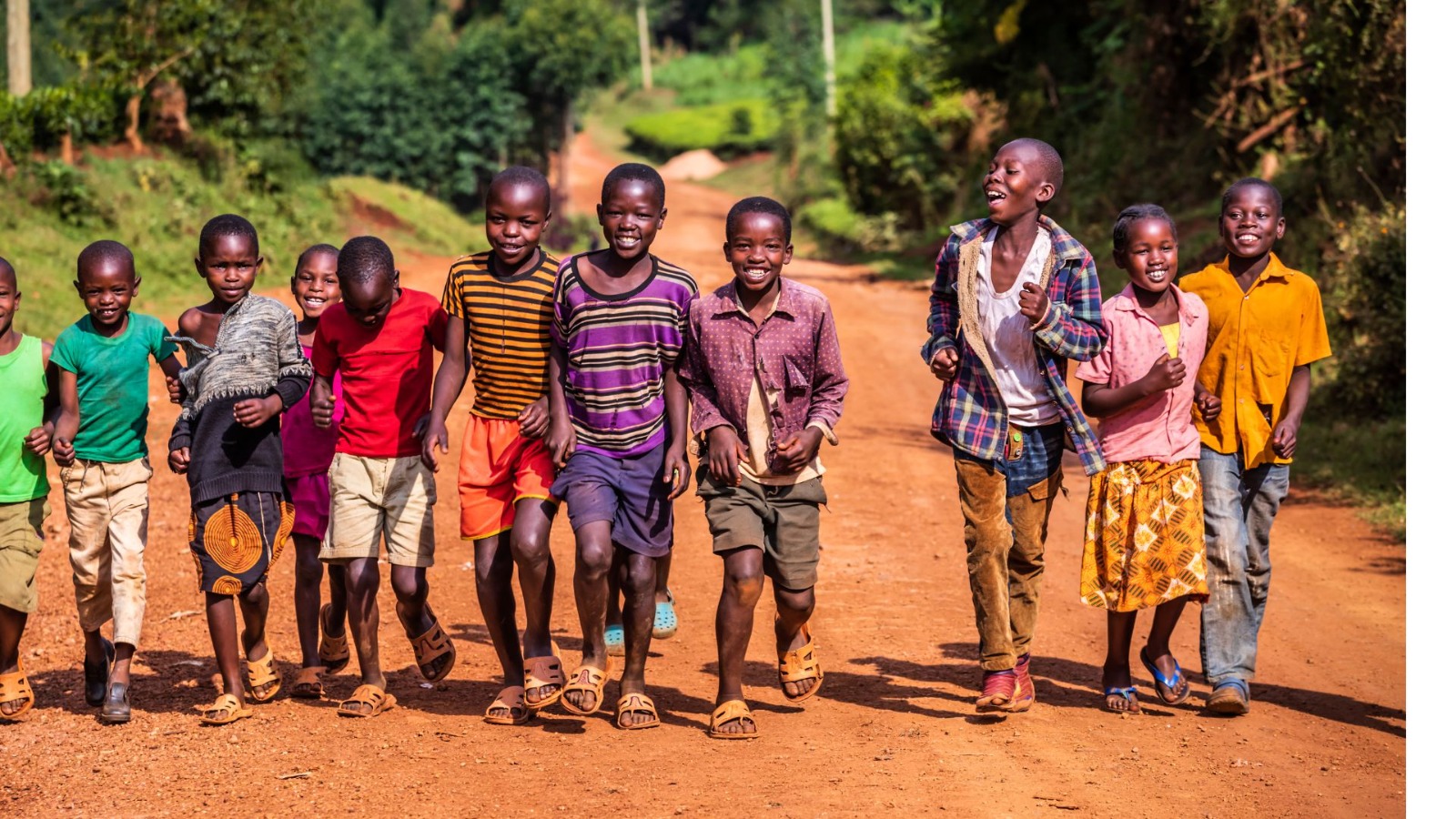
Integrated Holistic Child Programming
At the heart of our work is an integrated, holistic model that serves the whole child within the context of family and community.
This model unifies health, nutrition, education, psychosocial support, climate care, protection, and economic strengthening within a household-centered approach. It is grounded in compassion, local ownership, and long-term resilience.
Key Pillars of Our Holistic Approach
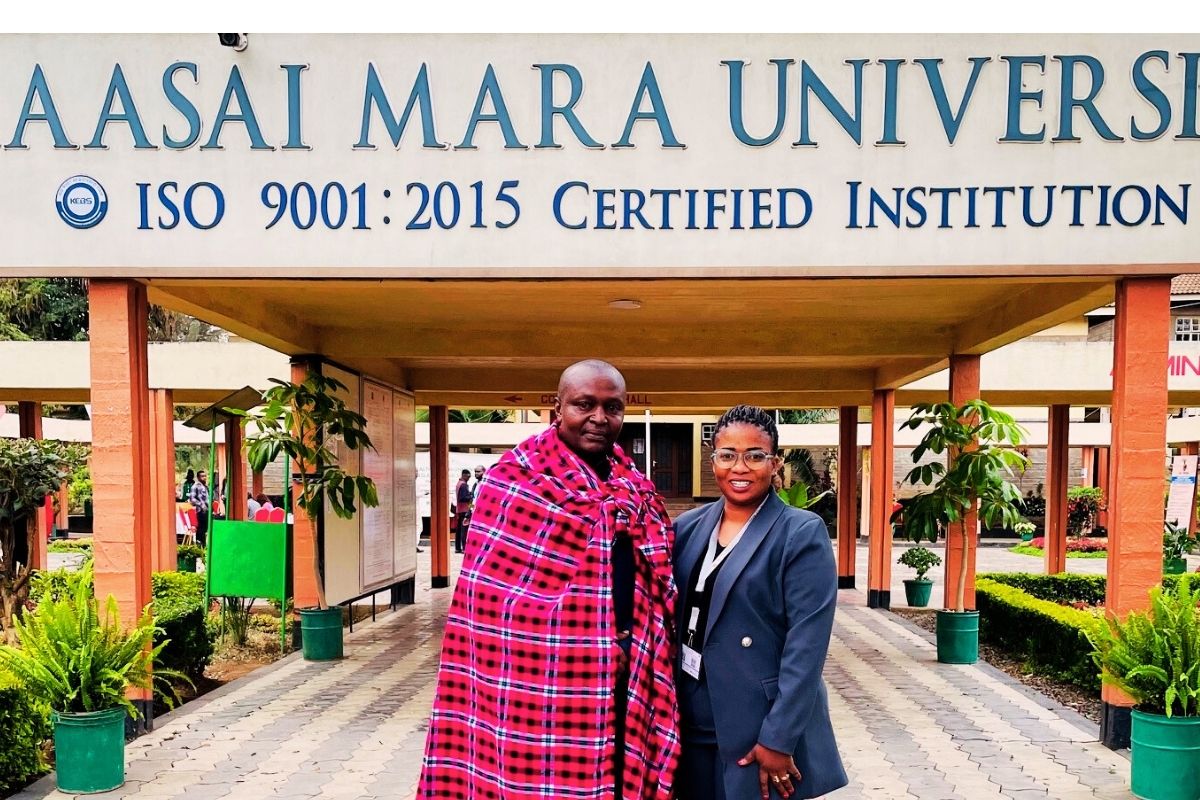
1Strategic Partnerships, Research & Innovation
Leveraging collaborations with communities, governments, NGOs, donors, and academic institutions to promote evidence-based programming and digital transformation.
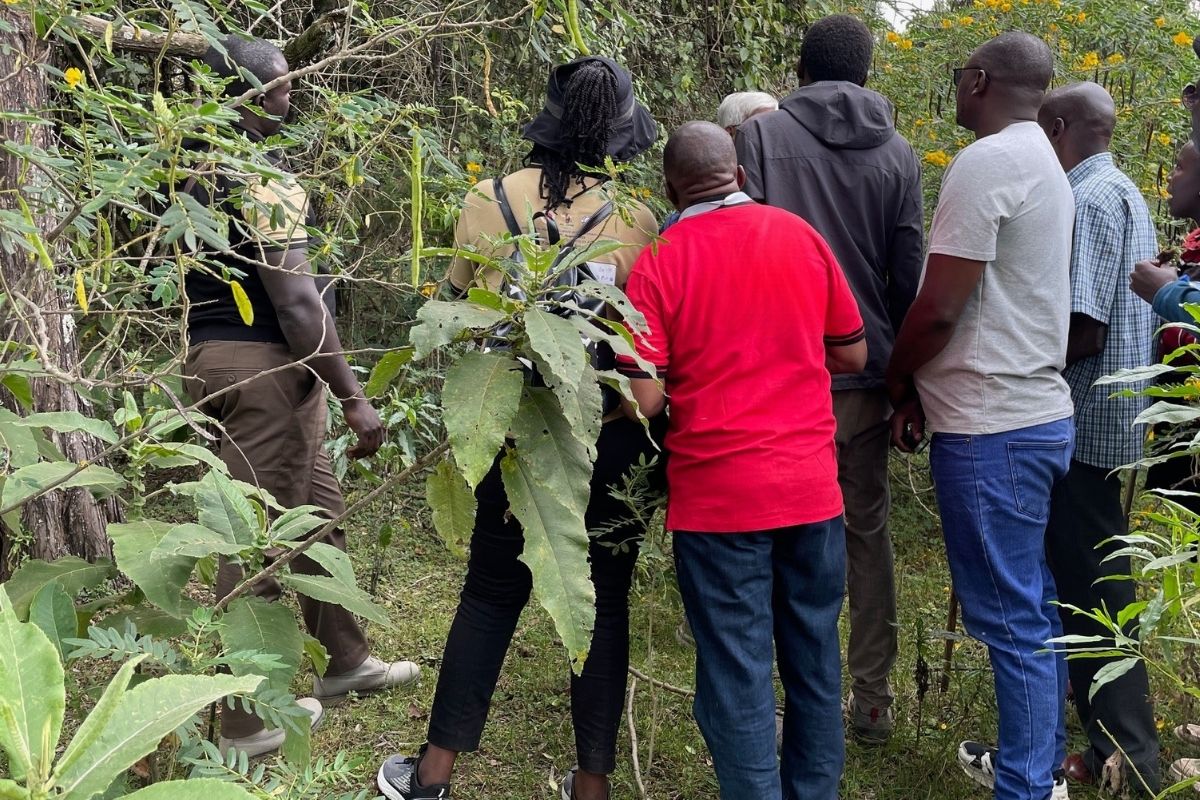
2Programmatic Excellence
Delivering integrated, high-quality interventions addressing multidimensional needs across sectors.
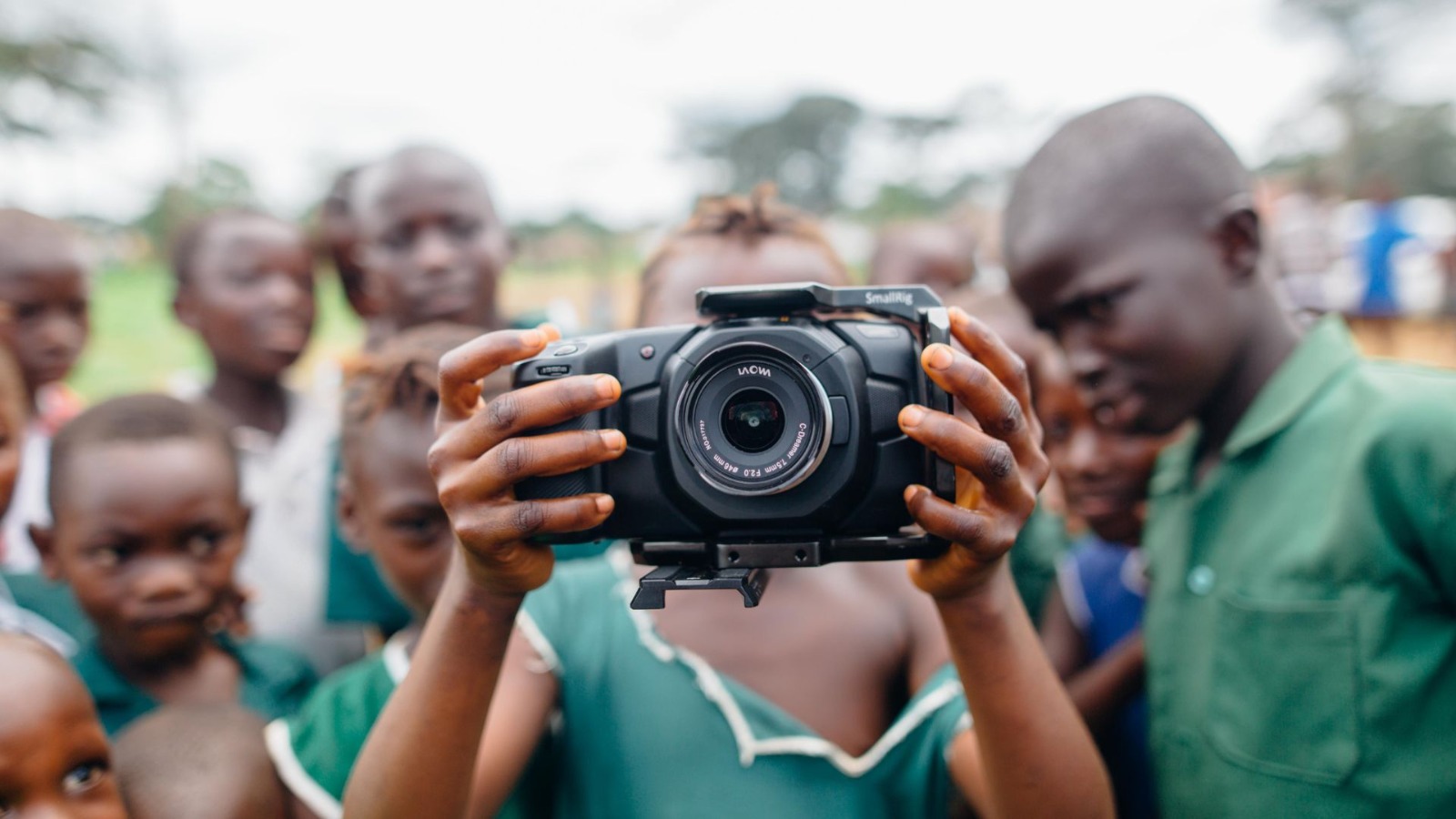
3Results-Oriented Implementation & MEAL
Employing robust monitoring, evaluation, accountability, and learning systems to ensure data-driven impact.
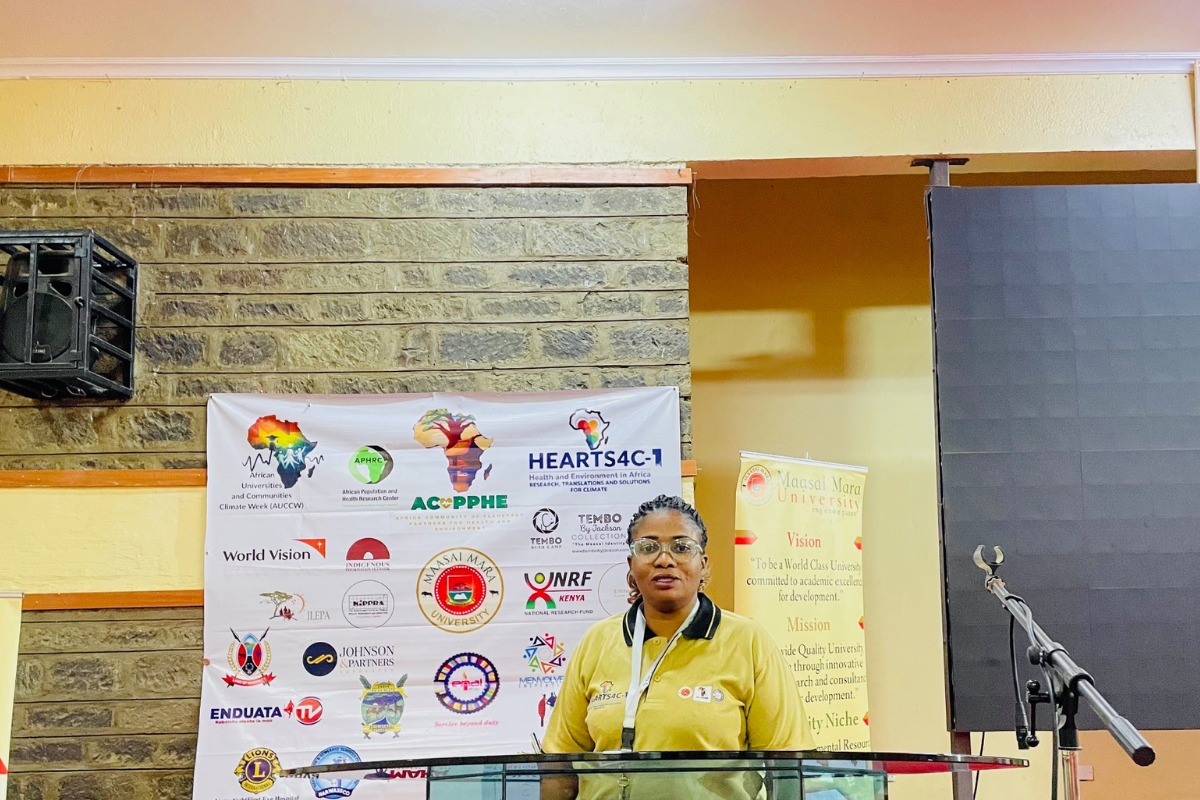
4Resource Mobilization & Sustainability
Diversifying funding and building institutional resilience to sustain long-term program delivery.
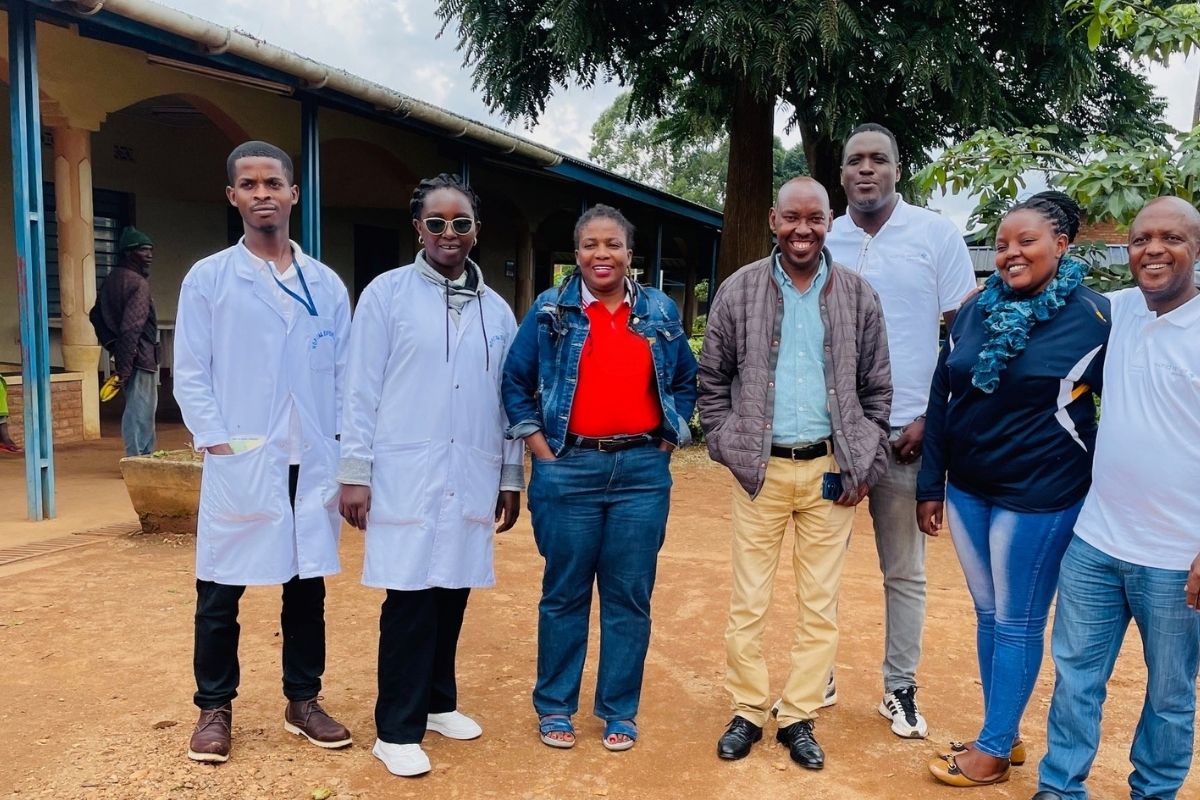
5Risk Management & Strategic Adaptation
Proactively mitigating operational and programmatic risks to safeguard continuity and effectiveness.
